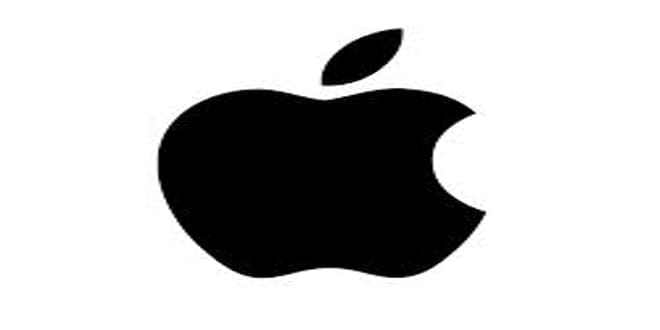Apple is planning a massive upgrade to its infrastructure so it can meet the growing demand for its Cloud services. This new initiative is no doubt connected to the recent announcement of its music streaming service, Apple Music. Apple Music, along with existing Apple services like iTunes and iCloud, will place a heavy burden on Apple to deliver content to the end users. Apple has begun a 2-pronged project to upgrade its infrastructure which will ensure that it can meet the demand. The total cost of these upgrades has not been revealed, but it is said to be in the billions of dollars.
The first part of the project is to lay down the fiber optic infrastructure for its own private network, which would link its major data centers across the United States. This would allow Apple to offer faster content delivery to the end-user, as well as reducing fees paid to telecommunications companies by shifting more traffic to Apple's own network. Since this network only connects Apple's own data centers, the data will still need to travel across traditional networks for the final leg of its journey in order to reach the end-user.
The other part of Apple's plan is to improve the hardware and software in its data centers. While Apple has typically used off-the-shelf servers and other machines in its data centers, Apple is in talks with companies to design custom hardware. Apple is not expected to replace every single server, but will likely use this new hardware as it opens new data centers. Apple is said to be working closely with Quanta Computer, which will provide the customized hardware, and Cumulus Networks, which will provide the software.
According to insiders, Apple is also exploring ways to combine its data centers and networks into a single automated system. This move may inspired by Facebook, who has reported savings of $2 billion by using software that adapts to spikes in traffic; automatically assigning servers when they are needed and turning down their power consumption after the traffic spike is over. This sort of thing was not really possible in the past, when Apple was dependent on networks and servers owned by other companies. It's difficult to call up another company and demand an increase in capacity at short notice. With the private network Apple is rolling out, as well as the upgrades Apple is making to its own data centers so it is less reliant on renting servers from Amazon and Microsoft, Apple will be better able to deal with unexpected spikes in traffic.
Do you think rolling out its own private network is a smart move for Apple? Leave your comment below.







